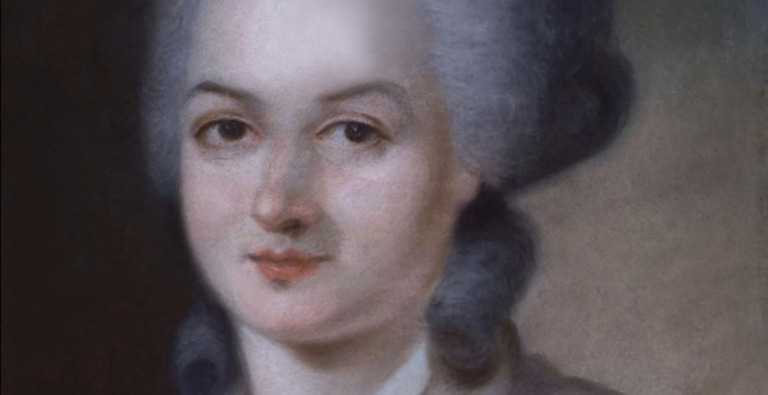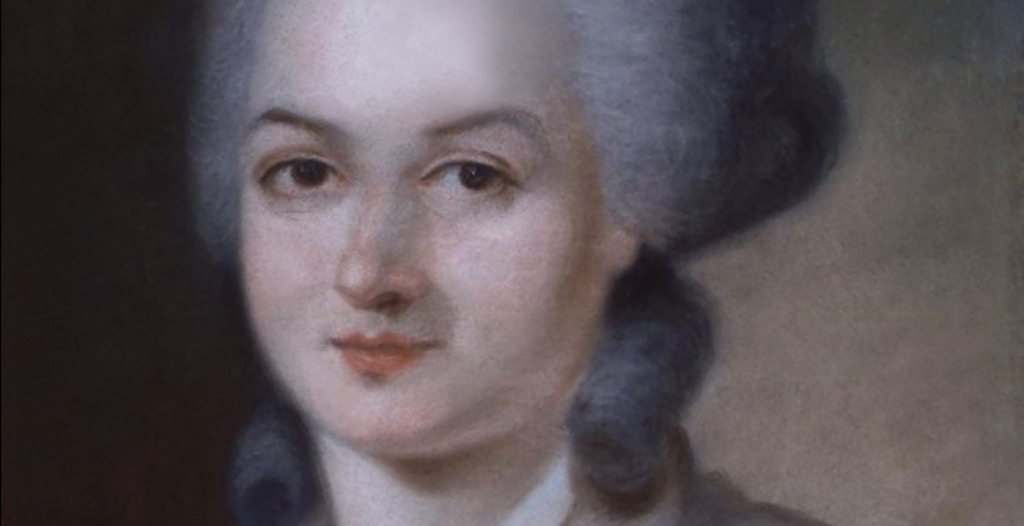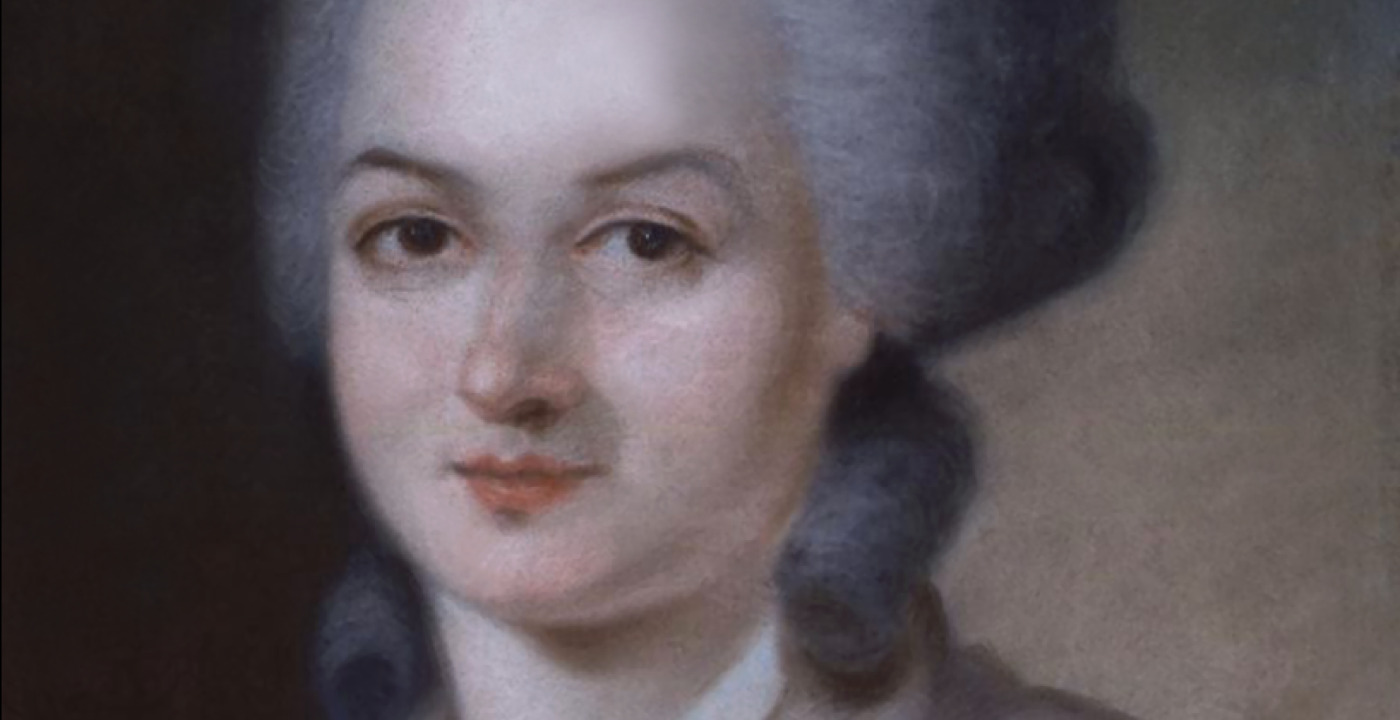“This world has always belonged to men, and none of the reasons given for this have ever seemed sufficient,” wrote Simone de Beauvoir in The Second Sex (1949). Certainly nothing could be truer of philosophy and its history; men’s books are taught nearly exclusively, and no good reasons are given for why women’s books are not. Nonetheless, in recent years the efforts of philosophers from all over the world have made the discussion of women philosophers of the past far more common. Their texts have been made accessible, their names and lives are better known and their contributions to the development of philosophical arguments are better understood.
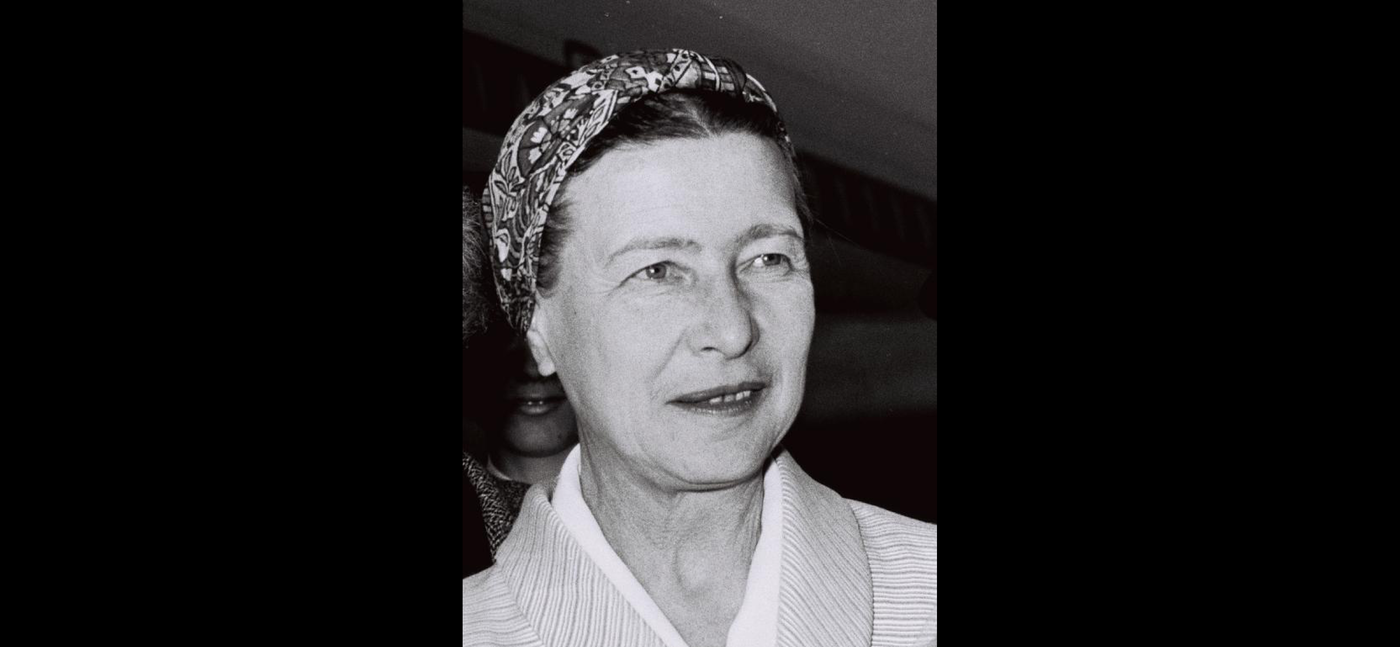
But this does not mean that we have all become fluent in writing or talking about women in the history of philosophy. This became painfully obvious to me as I wrote Liberty in their Names, a book about the lives and works of three women philosophers of the French Revolution: Olympe de Gouges, Marie-Jeanne Roland and Sophie de Grouchy. What I discovered was that even well-known historians and historians of ideas, such as Jonathan Israel and Max Gallo, as well as past luminaries like Jules Michelet, tended to make (and repeat) a number of mistakes when writing about women.
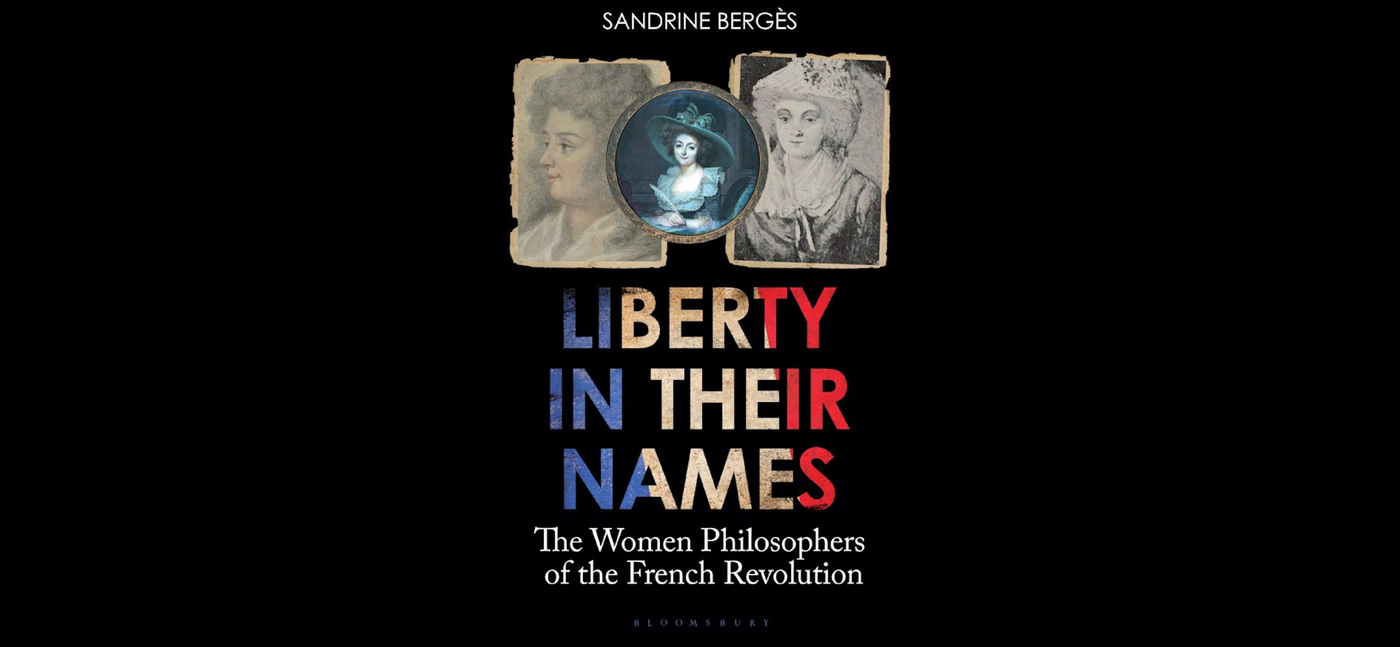
So I decided to categorise these mistakes, based on what I read. Here is a list of ‘Don’ts’ and one of ‘Dos’ I wrote to help us navigate the pit-falls of sexist history of philosophy.
DON’Ts
1. Don’t ignore them: Women philosophers have been around for a long time, so don’t pretend they didn’t exist, or that they didn’t have an impact.
Max Gallo’s History of the French Revolution gives an account of the beginning of the revolution, culminating in the King’s trial. In the whole narrative, Gallo makes no mention of Olympe de Gouges, who offered to defend the King and argued against Robespierre and others that putting him to death would harm the republic.
Jonathan Israel’s Revolutionary Ideas lists 167 names as the ‘Cast of Main Characters’ of the French Revolution. Only 8 are women. One particular omission is Louise Keralio Robert, journalist, and founder of the journal Mercure National (a.k.a. Journal de l’Etat et du Citoyen). Instead he lists her husband, Pierre-Francois, who joined her on the editorial team of the journal after their marriage. Keralio contributed to the Revolutionary debates, questioning what it meant to be an active or a passive citizen and directly challenging the classifications of the first Constitution.
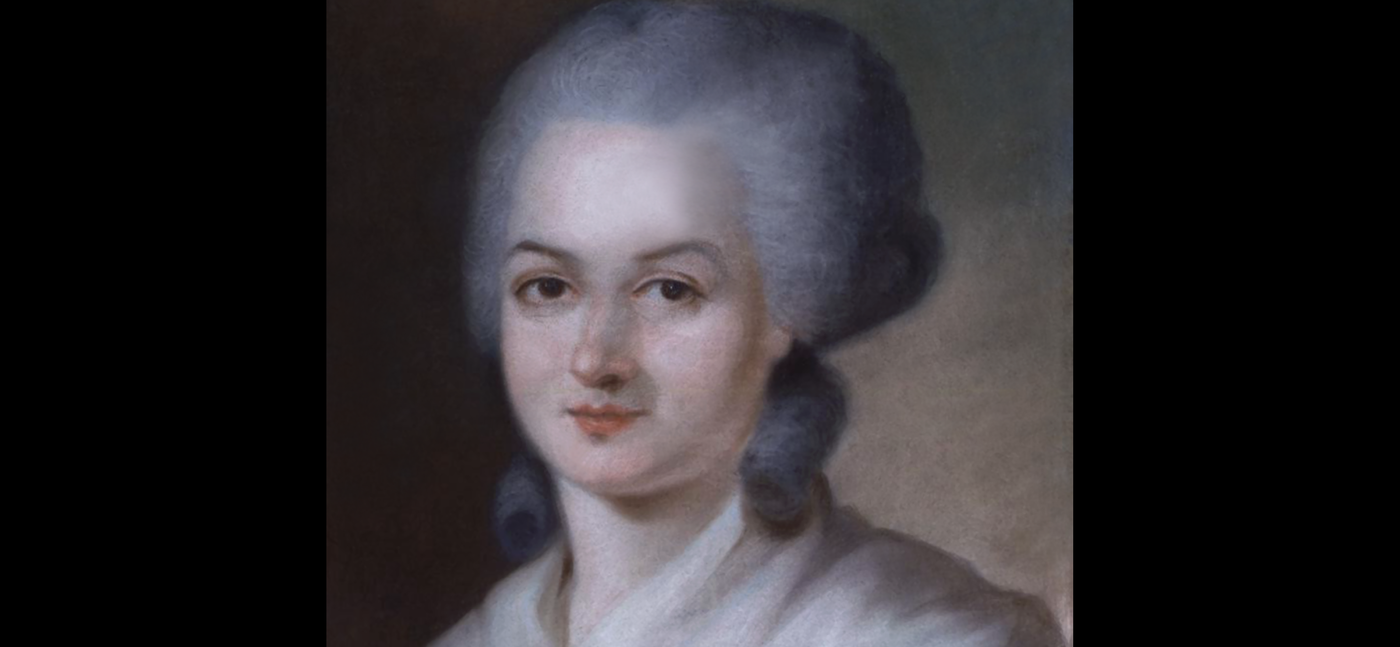
2. Don’t steal from them: If a woman made a point that was significant enough to be included in your account, make sure you attribute it to her!
Max Gallo cites from one of Manon Roland’s letters:
“My friend Danton leads all; Robespierre is his puppet; Marat holds his torch and dagger” (Letter to Bancal, 9 Sept. 1792). But Gallo attributes the quote to a ‘rumor.’
3. Don’t talk about their feminine writing style or their emotional character–and don’t insult them by belittling them or turning them into sex objects.
Jonathan Israel, on the few occasions where he discusses Olympe de Gouges, focuses on her emotional nature. He describes her as angry, fiery and disgusted. Israel also asserts that she was a prostitute, or ‘high class courtesan.’ This assumption, fabricated solely because she was a woman, does not originate with Israel but with 18th century gossips, including the memoirs of the actor Fleury, a great personal, professional and political enemy of Gouges. So here’s another tip: don’t use gossip as historical evidence! Or think twice before you do.
Earlier historians were also keen to address the emotional characteristics of women who wrote political philosophy. Here are a couple of notable examples:
Alfred Guillois, the son of Sophie de Grouchy’s biographer Antoine Guillois, followed in his father’s footsteps and wrote a doctoral thesis on Olympe de Gouges (1907). But while Guillois senior’s book was a eulogy, Alfred used Olympe to demonstrate that women who took part in the Revolution were suffering from mental illness:
Olympe de Gouges suffered from a delirium with systematizing tendencies which has been described by some authors as paranoid delirium (paranoia reformatoria)...She was predisposed to this, and the Revolution working on these prepared grounds found it easy to divert her from a normal mentality.
More generally, he concluded: “we can say of numerous women who were active in the revolution and played a sanguinary role that they were unbalanced.”
French historian Jean Martin (1927), reading Sophie de Grouchy’s private letters to her friend Dumont, described her as: ‘A fiery head,’ overflowing with feminine enthusiasm and coquetry, desiring above all the ‘thrill’ of a ‘beautiful and moving persecution.’ Her philosophical writings, he goes on, are less entertaining than her private letters, though he finds them boring and superficial. For Michelet (1855), Grouchy was a beautiful salonière and a dutiful wife to one of the Revolution’s foremost philosophers. Marie-Jeanne Roland was also a ‘femme de coeur,’ virtuous yet practical, a perfect Rousseau-ian wife to a politician husband.
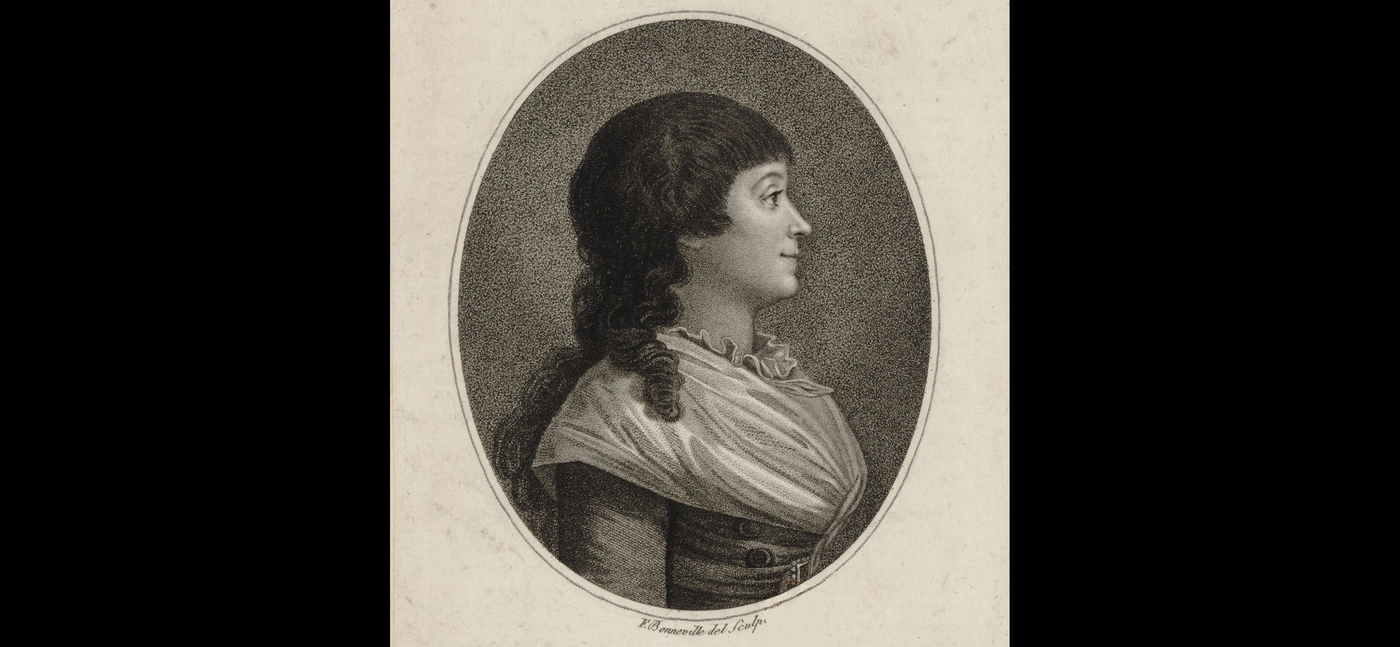
4. Don’t put all the women together as if they were but one person: If you care enough to include women philosophers in your writing, include them as the individuals they were, not as a group whose only common point is their sex.
Jonathan Israel refers to women as clusters, and sometimes their names appear to be added where they don’t belong. Sophie de Grouchy figures in a list of people who came out of prison after the Terror, though she never went to prison, and as part of Desmoulins’ entourage when, in reality, the two never met.
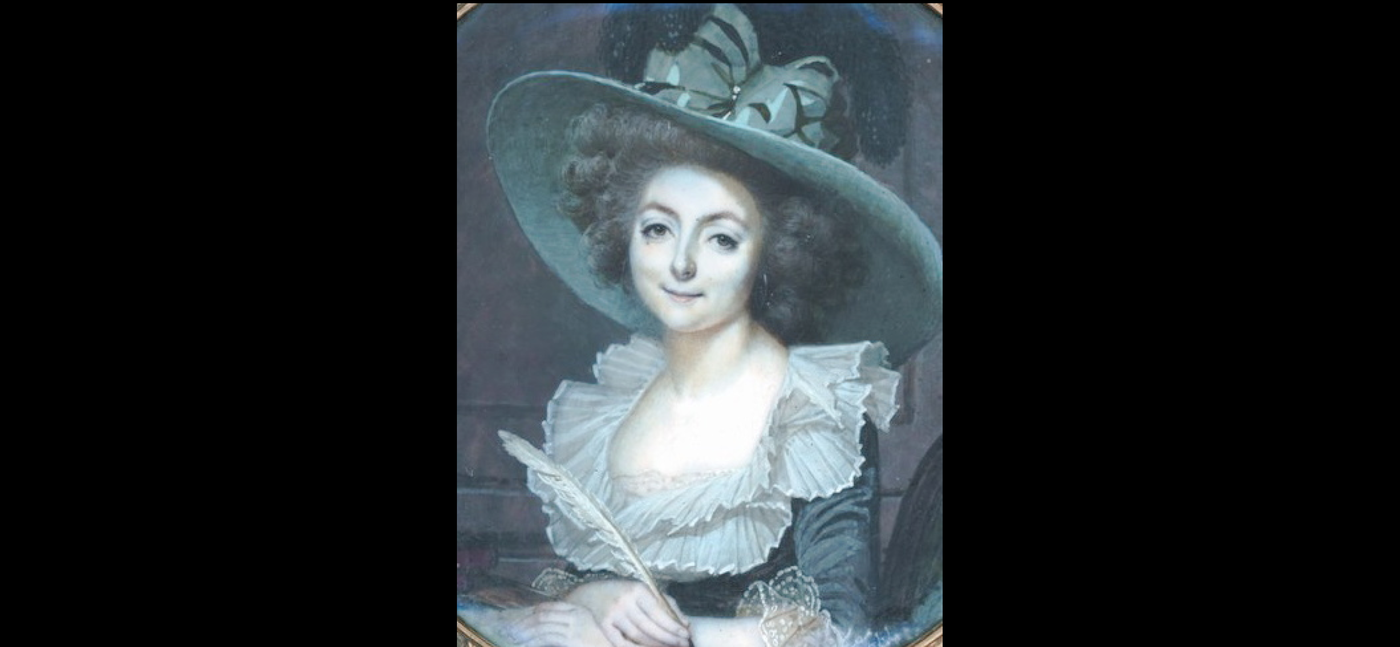
5. Don’t just say they were feminists when they clearly wrote about other things. Women contributed to philosophy in many ways, not just in promoting their own cause as women.
When Israel refers to Grouchy and Gouges, it is for their work as pioneering feminists.
Grouchy is referred to as a leading exponent of women’s rights. It is not clear from any of her writings that she was even interested in the question.
Gouges undoubtedly was. But she also produced a great number of political texts which were not primarily about women, the impact of which is neglected by referring to her exclusively as a writer about women’s rights, as Israel does.
DOs
So what should we do, when writing about women philosophers of the past?
Here I take from the many great examples of recent work on women in the history of philosophy, as well as on my own experience:
1. Do say they were feminists, not ‘proto-feminists’: Women who defended women before the term ‘feminism’ was coined still deserve the label, no matter how different their take on it is from ours.
By denying that there were feminists before the term was invented, we are failing to recognize the impact that women of the past and their struggles have had on our present condition, or as Karen Offen put it, we are allowing the “obliteration of an extraordinary struggle, one of continuing importance to women and men today” (Karen Offen, 2000).
2. Look for the ways they influenced each other and men: Men didn’t always see fit to cite the women philosophers who influenced them, so look for ideas that are theirs and that have been stolen.
Women philosophers are often portrayed (sometimes by themselves) as isolated, or as communicating solely with male philosophers.
But sometimes they were part of a circle of women, and it’s important to uncover that.
There are many examples of how this can be done: Gina Luria Walker’s project of women’s biographies, The New Historia, seeks to highlight connections between the women who shaped our thought, science and culture, by creating a database of cross references.
Mary Wollstonecraft Shelley, for instance, was the daughter of Mary Wollstonecraft, a biographer of Manon Roland, who was a friend of Shelley’s mother, and was also connected to the Scottish American republican thinker, Frances Wright. Through Wright, she was connected to many other 19th century women American philosophers.
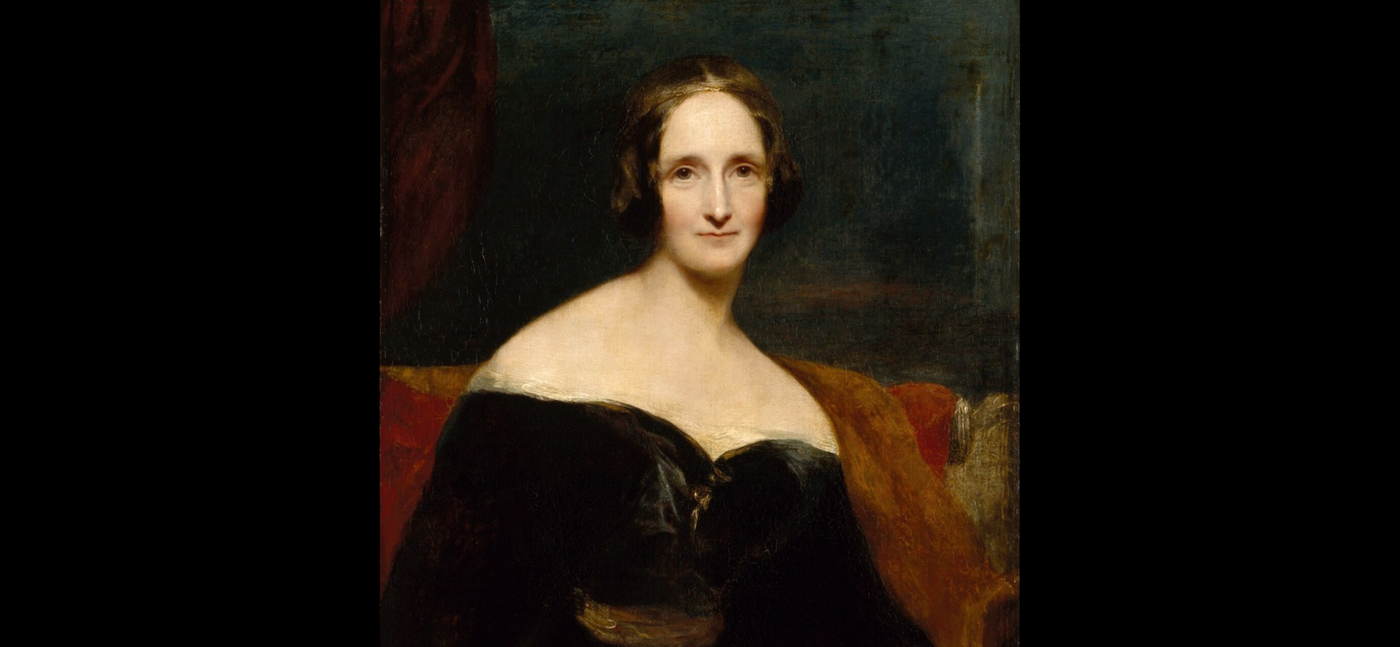
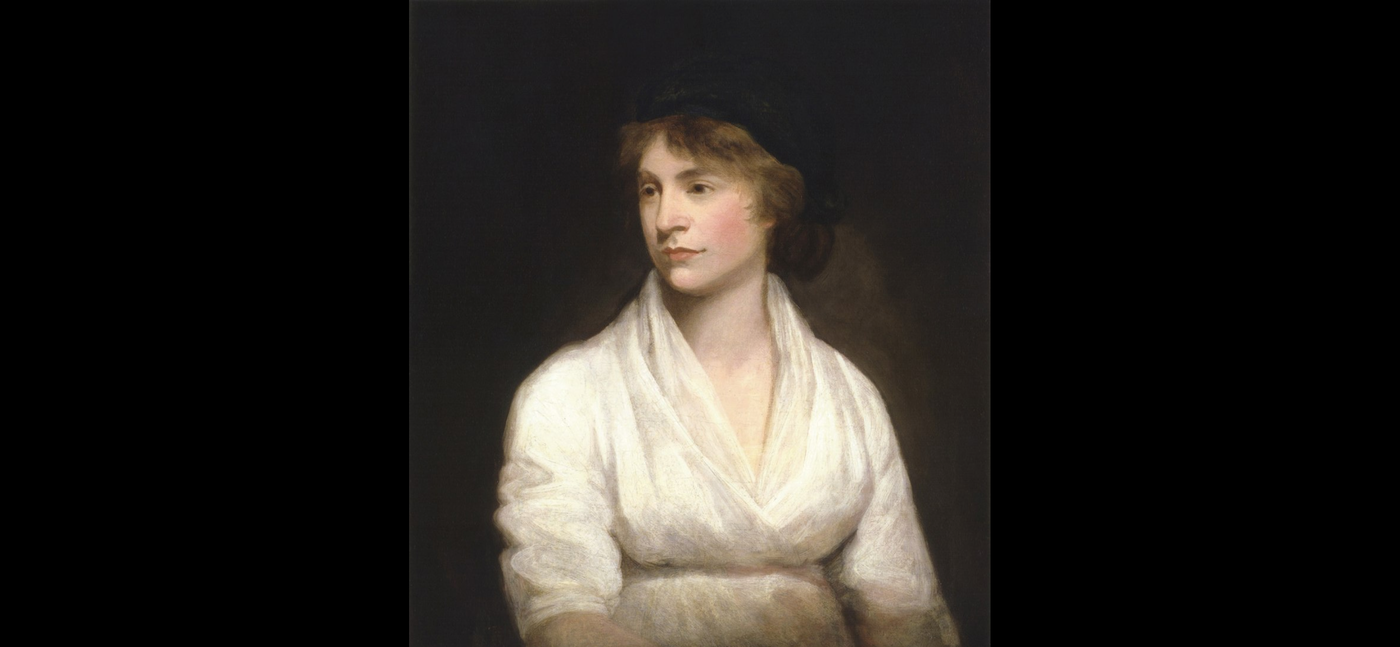
3. Look for reasons why they didn’t talk about each other: We sometimes think that women philosophers are isolated, because they’re not part of a network of exchange. But there may be good reasons for why they did not refer to each other’s work in their writings.
The women philosophers of the French Revolution spent time in each other’s homes. One important gathering place for Gouges, Roland and Grouchy was the home of Madame Helvetius in Auteuil. But even if they knew each other, and read each other’s work, there were good reasons why they might not have been each other’s privileged readers. None of them were powerful enough to help put their ideas into practice. In order to be heard and to be effective, they had to convince men, not women.
4. Be flexible about genre: Women philosophers sometimes used letters, diaries, novels and plays to showcase their ideas. But so did many men authors, and this doesn’t stop us describing them as philosophers.
Olympe de Gouges, wrote plays and novels, among other forms of literature. Plato and Hume wrote dialogues, which are not unlike plays. Rousseau wrote novels.
Sophie de Grouchy wrote letters – as did Seneca and Cicero.
Marie-Jeanne Roland wrote an autobiographical memoir – as did Rousseau.
And just because they did write in these genres does not mean that they were incapable of writing in a more traditional essay or treatise form. Gouges published a treatise on human progress and happiness (Bonheur Primitif), Grouchy’s Letters on Sympathy were a tightly argued response to Adam Smith’s The Theory of Moral Sentiments, and Roland wrote several shorter philosophical essays and treatises in her youth.
5. Consider what counts as political thought: Women philosophers are often excluded from political philosophy because they couldn’t write about what happens in the public forum. But politics happen in the home as well.
Quentin Skinner wrote in his Liberty before Liberalism that seventeenth-century neo-Roman theorists such as Harrington, Needham and Sydney, were ‘innocent’ of the understanding that oppression and injustice exist, and must be uprooted, in the family and in the labor market.
The reason was that 17th and 18th century republicans thought “purely about politics in the sense of government, political obligation and civil liberty.”
But women political philosophers of the 18th century made it clear that politics happened also in the home: either because this was where debate took place (salons/circles) or because this was where citizens were shaped and nurtured.
On the whole, philosophers are getting better at writing about women.
But it doesn’t mean that we shouldn’t carry on debating the methodology of how to write about women in the history of philosophy.
Mistakes that don’t get pointed out will remain. And I, for one, don’t want to read about Olympe de Gouges’s career as a prostitute ever again, or indeed see any woman philosopher’s emotions mentioned as part of a discussion of their work.
Sandrine Bergès is professor of philosophy at Bilkent University in Ankara, Turkey. Her recent publications include: Liberty in their Names: Women Philosophers of the French Revolution (Bloomsbury), Olympe de Gouges (CUP) Sophie de Grouchy's Letters on Sympathy (OUP, with Eric Schliesser). She has also written and edited (with Alan Coffee, and with Eileen Hunt) books on Mary Wollstonecraft. She runs the Feminist History of Philosophy blog.
